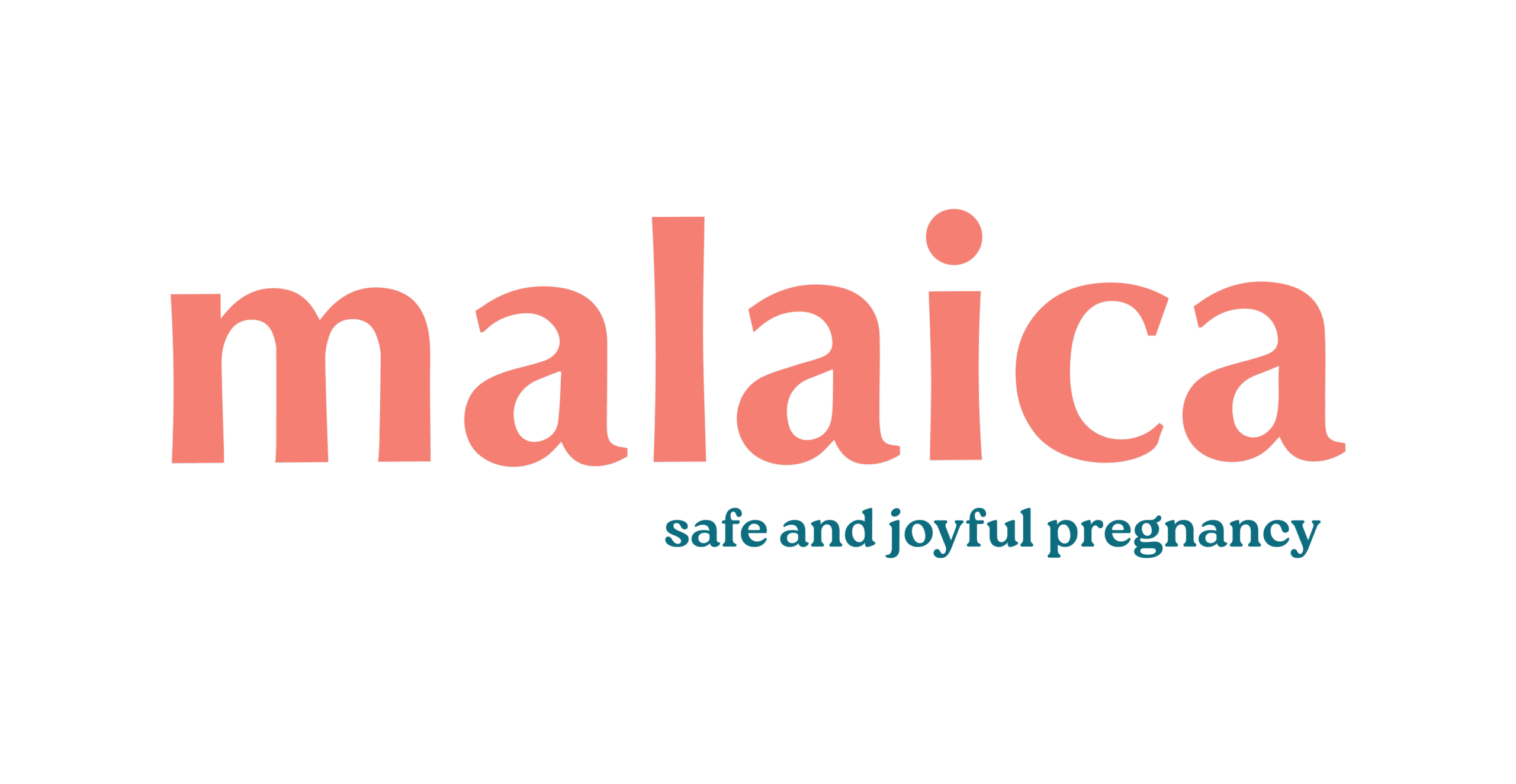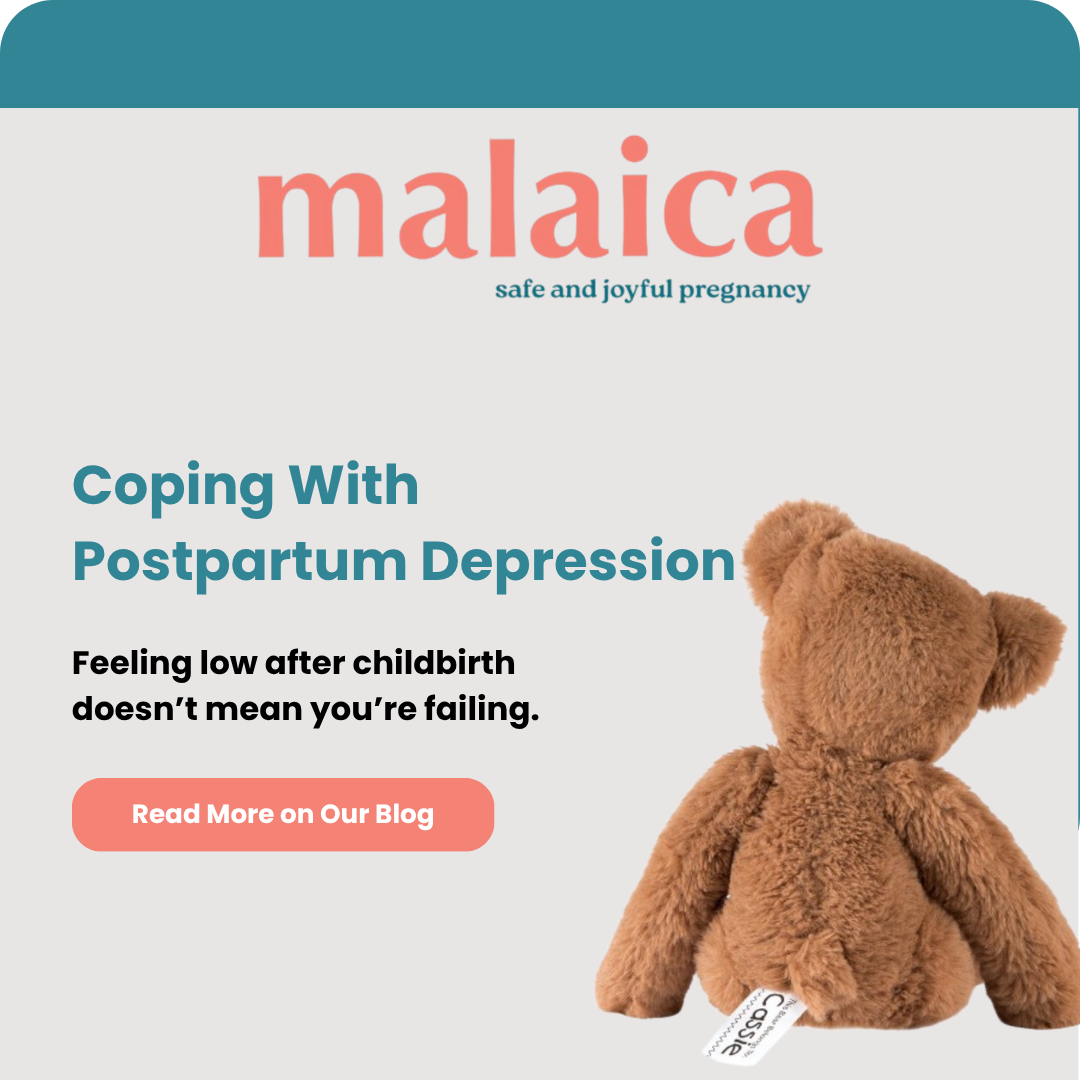Becoming a mother is often described as one of the most joyful moments in life. But for many women, the weeks and months after childbirth can bring unexpected emotional challenges. Postpartum depression is more common than most people think.
What Is Postpartum Depression?
Postpartum depression is a mood disorder that affects women after childbirth. Unlike the short-lived “baby blues,” which usually fade within two weeks, it lasts longer and can significantly impact a mother’s ability to care for herself and her baby.
Key symptoms include:
Persistent feelings of sadness, emptiness, or hopelessness
Severe mood swings and irritability
Difficulty bonding with your baby
Withdrawal from family and friends
Fatigue or loss of energy even with rest
Changes in appetite or sleep patterns
Thoughts of harming yourself or your baby (in severe cases)
How Common Is It?
Globally, about 1 in 7 mothers experience postpartum depression. In Kenya, studies suggest that the rates may be even higher,especially in urban areas like Nairobi where lifestyle pressures, work demands, and limited family support can add to emotional stress.
Why Does Postpartum Depression Happen?
There’s no single cause, but a mix of biological, psychological, and social factors play a role:
Hormonal shifts: Dramatic drops in estrogen and progesterone after childbirth affect mood.
Sleep deprivation: Caring for a newborn often disrupts rest and recovery.
Life changes: Balancing work, marriage, finances, and new motherhood can feel overwhelming.
Personal or family history: Previous depression, anxiety, or trauma may increase risk.
Many women assume postpartum depression is linked only to financial stress. Yet even mothers with access to private healthcare, supportive partners, and comfortable living situations can experience it. In fact, some professional and middle-income mums face unique pressures, like unrealistic expectations to “bounce back,” limited maternity leave, and social stigma around speaking openly about struggles.
Getting Help
The most important thing to remember is that postpartum depression is treatable. If you or someone you love is showing signs:
Talk to a healthcare provider: OB-GYNs, family doctors, and mental health specialists can help with screening and treatment options.
Seek therapy: Nairobi has growing networks of psychologists and counsellors specializing in maternal mental health.
Join a support group: Sharing with other mums going through the same challenges can be empowering.
Lean on your community: Ask family, friends, or trusted networks to assist with childcare, meals, or emotional support.
At Malaica, our pregnancy and motherhood programs include mental health support, access to OB-GYNs, and a community of mothers to walk this journey with you.
Postpartum depression is not a sign of weakness or failure. It’s a medical condition that needs compassion, understanding, and proper care. If you’re navigating the ups and downs of new motherhood, know that help is available and recovery is possible.


